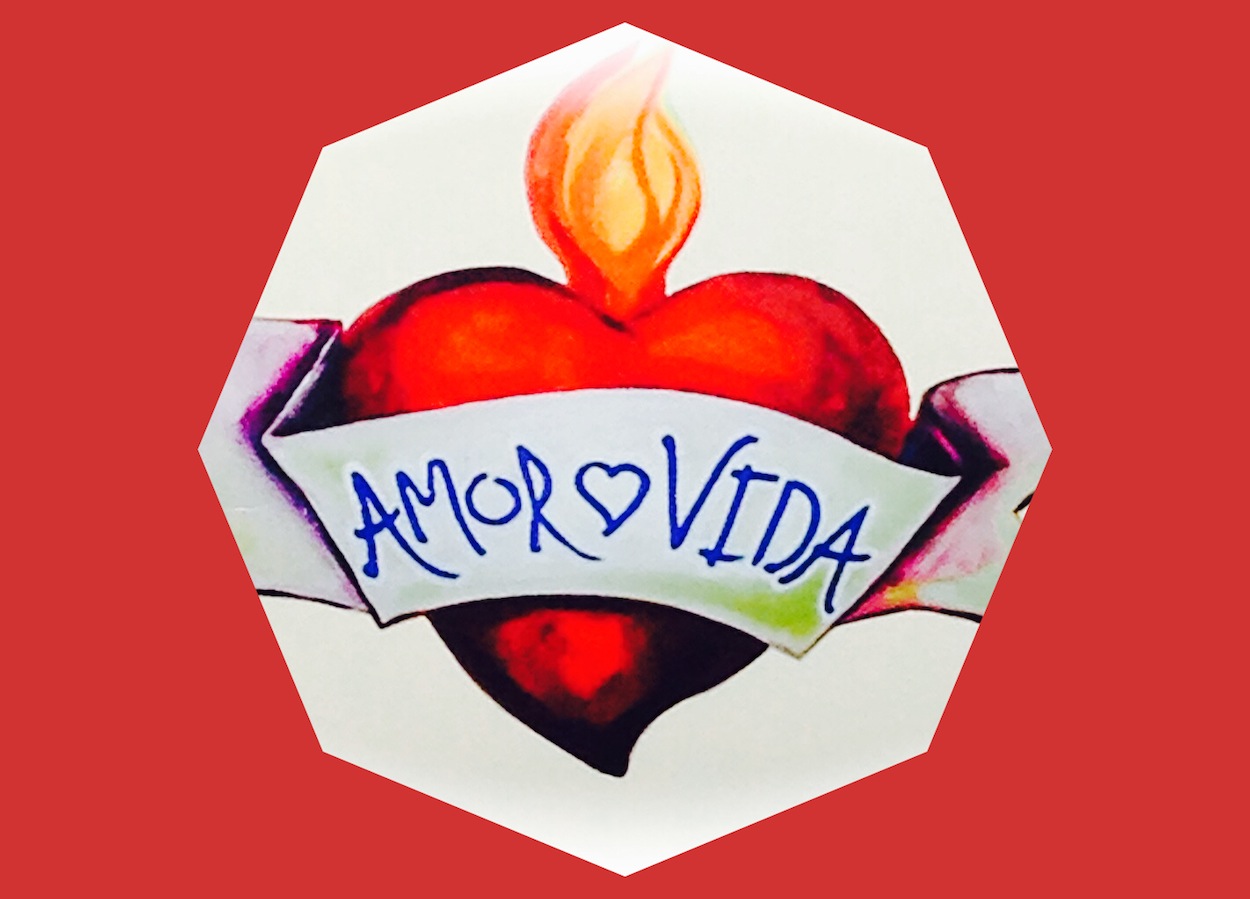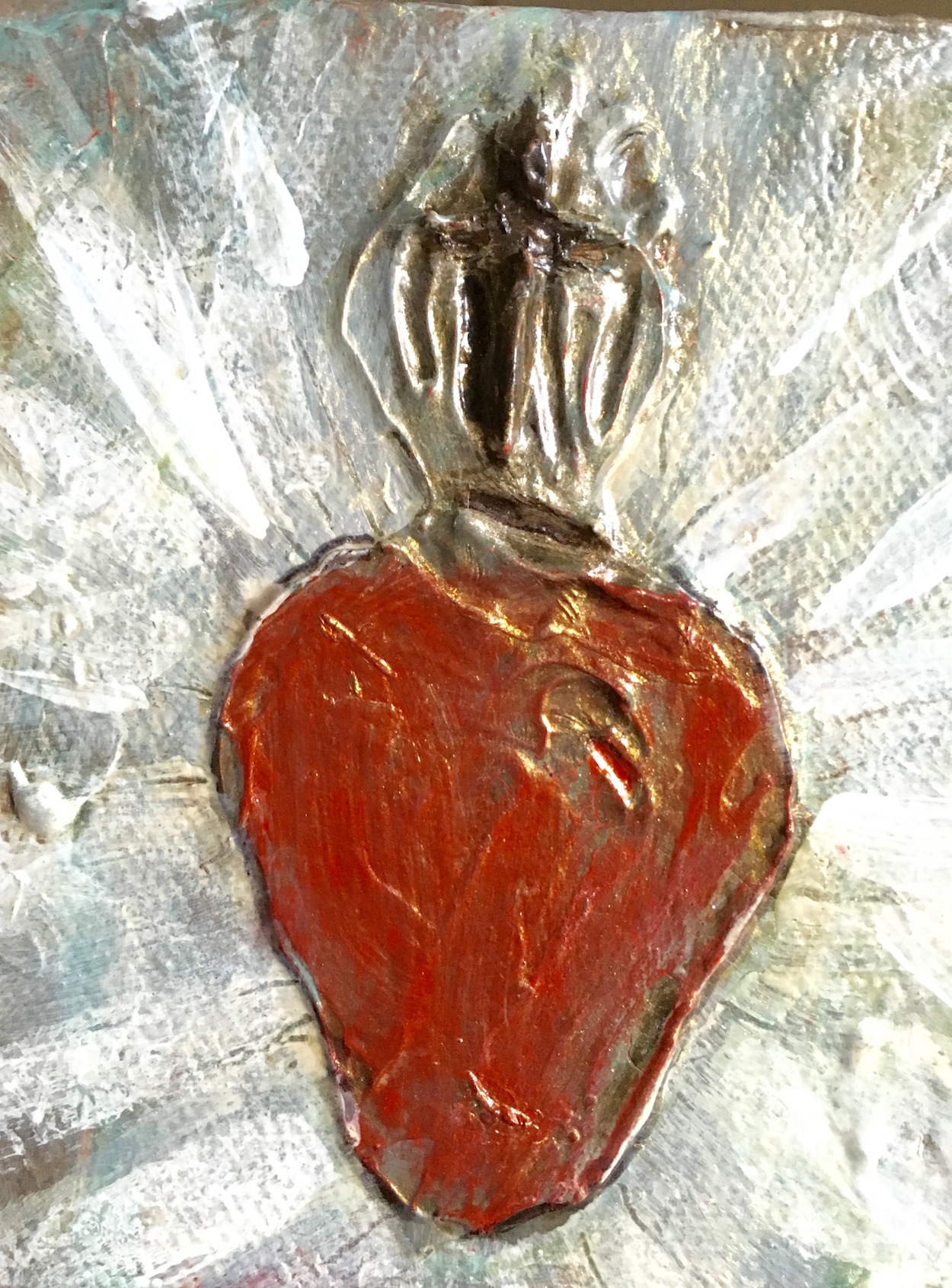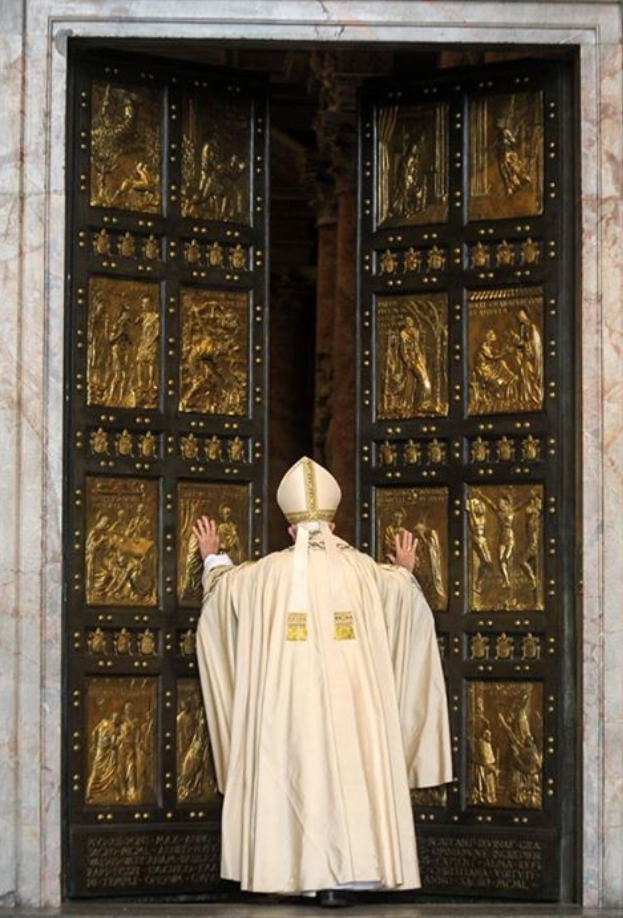On this holiest of days, I carry each and every one of you and your intentions in my heart as I walk through the streets of New Orleans making a pilgrimage of prayer to nine churches. Please enjoy today's guest blog by my daughter, Kara Klein. May you and yours rejoice in the fruit of the Redemption and soon experience the victory and hope of Christ's Resurrection. Blessings and grace, Judy

iMac. iPhone. iPad. iPod. These machines with “I” rule our society. And it’s interesting that they are all marked with an apple bitten into them, because the deadliest fruit of all is the inordinate focus on self.
Don’t get me wrong. I love Mac products and use them all the time. But I think it symbolically says a great deal about where our culture is.
We have never been so consumed with ourselves (particularly this younger generation). And simultaneously, we are living in an unprecedented culture of death. Many of us don’t see it, we are blind to it on a daily basis, but we are surrounded by abortion, gang violence, drugs, suicide, and now ever increasing sex trafficking.
What has come over our society?
When I go and speak to young people, the main thing I talk to them about is joy. Where do we find our joy? How do we become happy in our lives? We don’t even know the answer anymore.
We are so bombarded with unceasing noise from the media that sex, power, money and fame are going to make us happy; that happiness is being able to do whatever feels good at any moment, despite what it may cost our future, our wellbeing, and especially others around us. We are constantly told to put ourselves first, first, first. And it is death, death, death to our joy.
I think that generations before us—perhaps even merely fifty years ago!—knew a very basic truth that our society seems to have forgotten:
It is in losing our lives that we find them.
It is only in giving of ourselves, forgetting ourselves, losing ourselves in service, learning to love today—wherever we are in our lives—that we find authentic joy.
When I speak this fundamental truth to young people today, it’s the most exciting news for them! I tell them:
You don’t have to wait to live a life of love! You don’t have to wait until you’re married, or until you’re in religious life. You are called to love today! You are called to be a saint today! You are called to give your life in service to your friends and your family, your community, to those around you today! To live a love that is free, faithful, total and fruitful today, where you are, even at 13, or 17, or 27 years old. And whatever you live today is what you will bring into your future tomorrow. But it is only in loving—truly living a life of love as Christ did—that we discover the joy we are looking for.
Authentic love gives us life; selfishness brings death. Is it really surprising then that the more we turn in on ourselves, and isolate from our families, friends, communities, and most of all from God, that we have a generation that has lost the joy of living? That does not even want to live their own lives?
I saw an acronym for JOY the other day written outside of an old church. It may be a little cheesy, but I think it is the truth, and I think it’s a message that our society is desperately needs. It simply said:
Jesus
Others
You.











